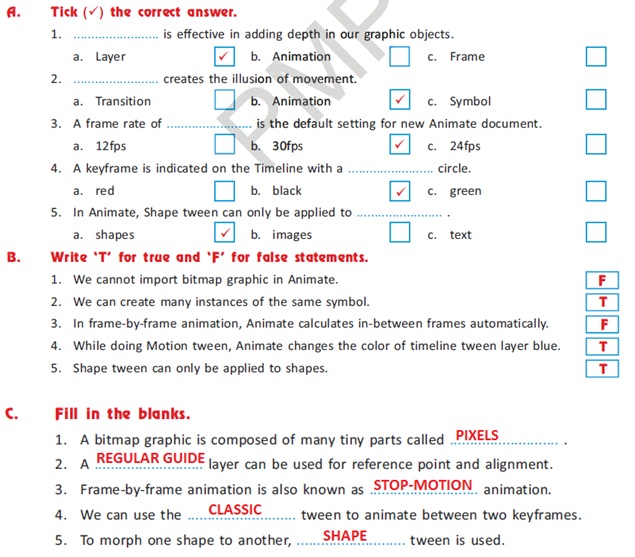CHAPTER 6: INTERNET – ETHICS AND SAFEGUARD
CHAPTER 6: INTERNET – ETHICS AND SAFEGUARD
D. Differentiate between the following.
1. SPAM and PHISHING
Email spam, also known as junk mail, involves sending unwanted messages
by a spammer to a large number of recipients while Phishing is a scam in which
we receive an official or legitimate looking email message that attempts to
obtain our personal and/or financial information.
Hacker refers to someone who accesses a computer or network illegally.
This can happen either for positive or negative reasons while A cracker is
someone who also accesses a computer or network illegally, but has the intent
of destroying data, stealing information, or carry out other malicious action.
Cyberbullying is harassment that takes place using technology which
includes sending or forwarding threatening text messages, posting embarrassing
or altered pictures of someone without his or her permission.
Social engineering is a term used for gaining unauthorized access or
obtaining confidential information by taking advantage of the trusting human
nature of some victims.
We should make a strong password and change it frequently. Our password
should be at least six characters long and include at least one number,
combination of upper and lowercases letters and special character (@, *, &,
!, etc.). Our latest password should be different from any other passwords that
we have used. It is strongly advised that we use different passwords for all
different accounts.
2. Why should we not save password of our account in a particular website?
We should not save password of an account in a particular website
because, in future, anyone else who uses our computer might also be able to
access our account from the site without our permission.
a. Parents and teachers should advise children to play only those online
games which are suitable for their age.
b. Parents and teachers should advise children not to share any
personal information to any unknown person.

